Small Apartment Complex Plans: Maximizing Space and Functionality

Introduction

In urban areas, where land is scarce and housing costs are high, small apartment complexes are becoming increasingly popular. These complexes offer a cost-effective and convenient living solution for individuals, couples, and small families. This article explores the key considerations and design principles for planning small apartment complexes, ensuring optimal space utilization and functionality.

Site Selection

- Proximity to amenities: Choose a location close to public transportation, shopping, dining, and recreational facilities.
- Land size: Determine the minimum land area required to accommodate the desired number of units and common areas.
- Zoning restrictions: Verify that the site is zoned for multi-family development and meets any height or density limitations.


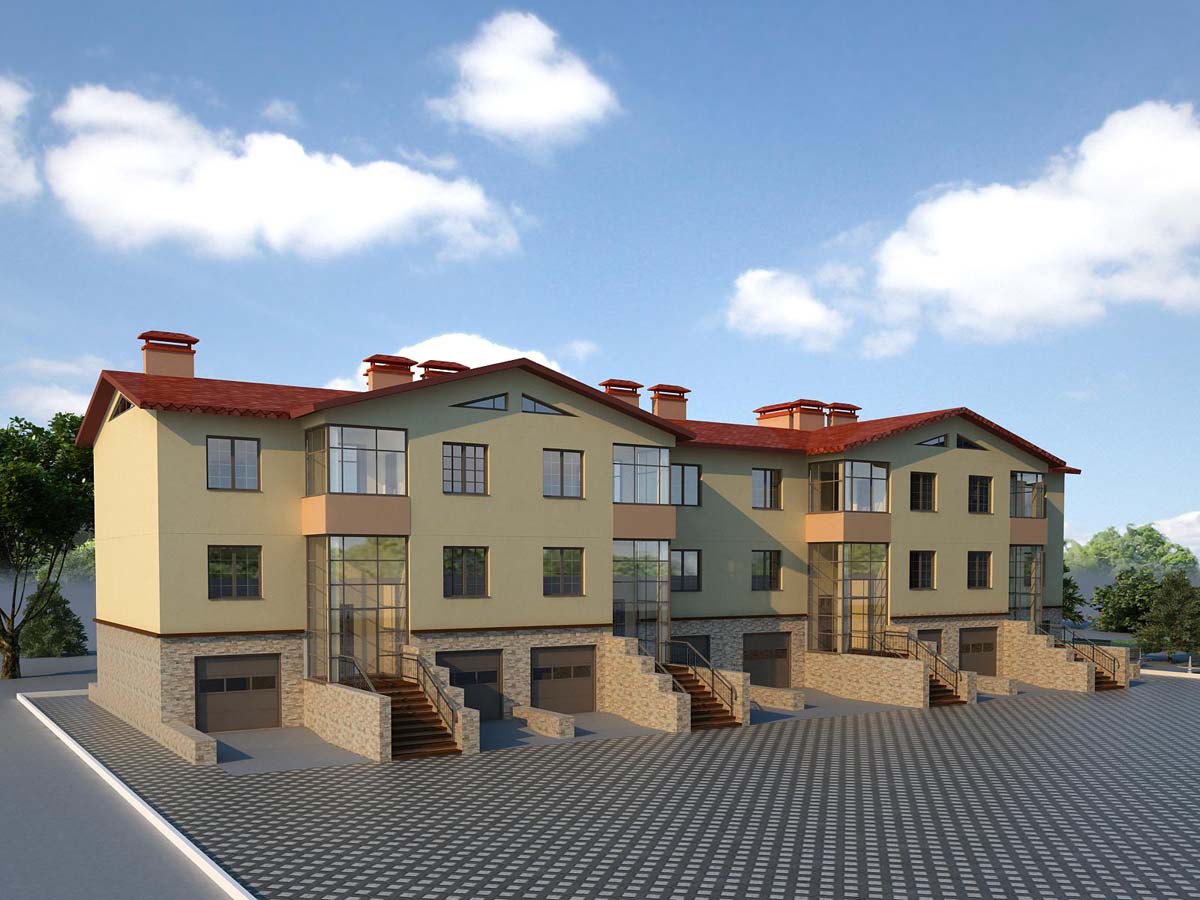


Unit Design

- Compact layouts: Maximize space by utilizing efficient floor plans that minimize wasted areas.
- Multi-functional spaces: Design units with convertible or dual-purpose areas, such as living rooms that can also serve as dining rooms or bedrooms.
- Vertical space: Utilize vertical space with loft-style units, built-in storage, and mezzanine levels.
- Natural light: Provide ample natural light through large windows and skylights to create a sense of spaciousness.
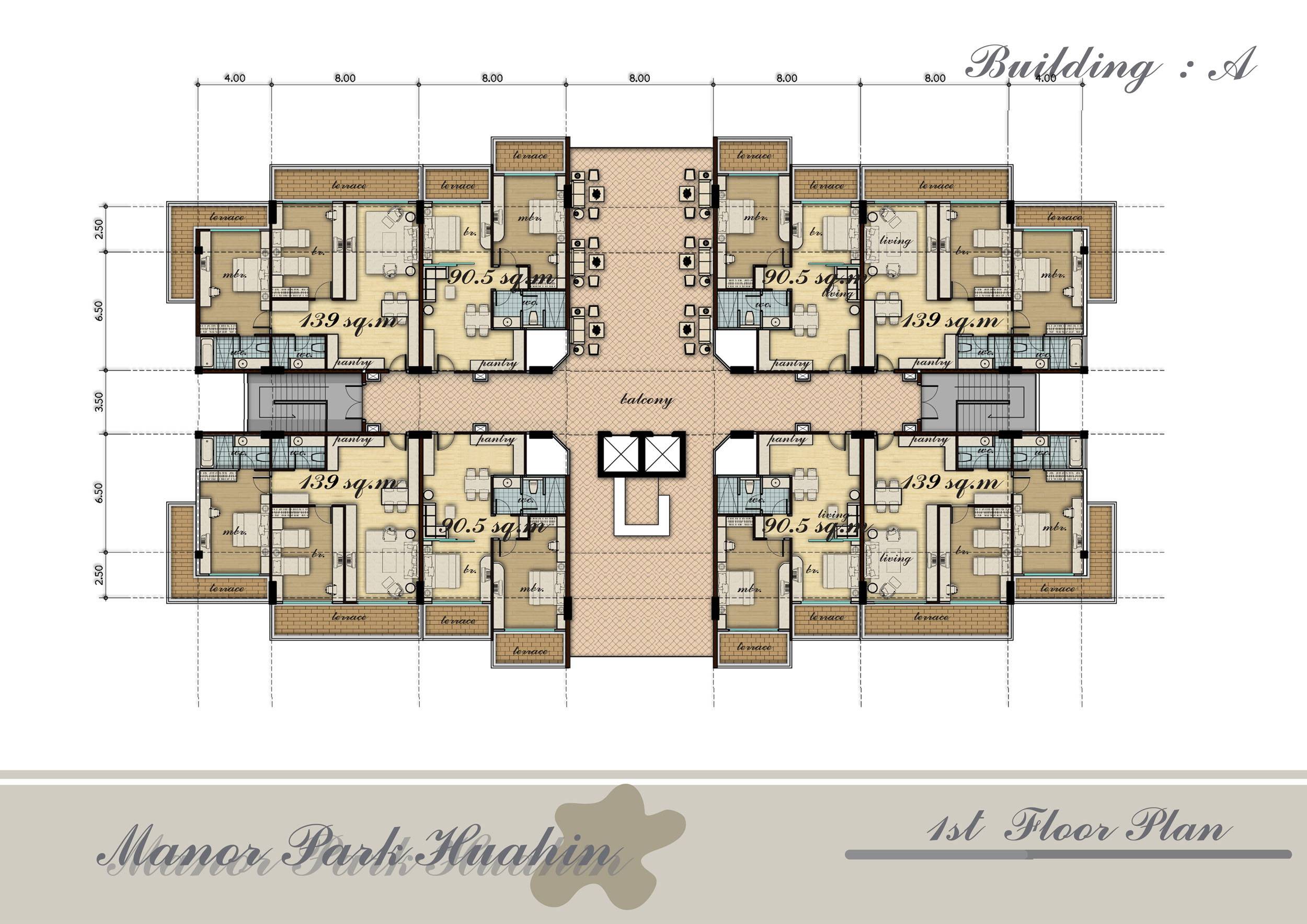
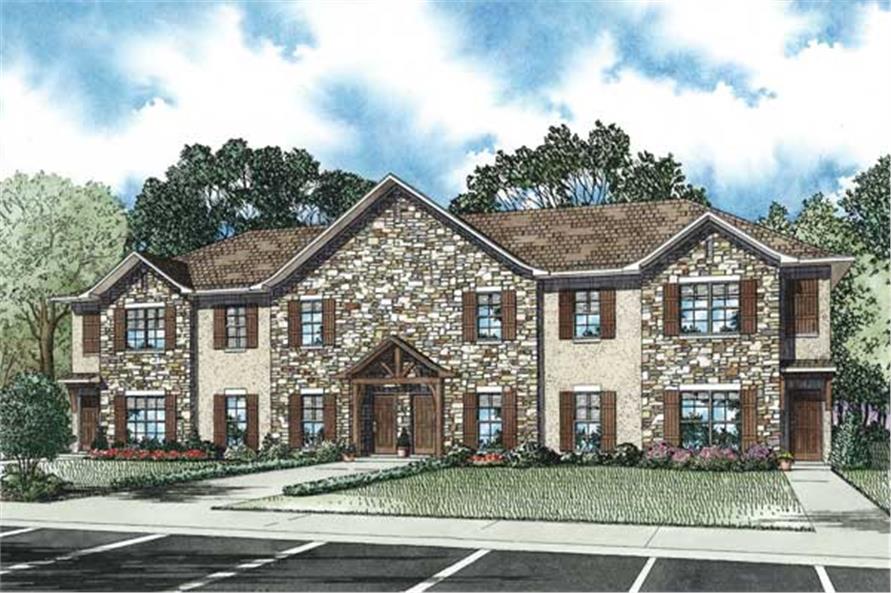




Common Areas

- Shared amenities: Include common areas such as a laundry room, fitness center, or outdoor space to enhance the residents’ experience.
- Community spaces: Design designated areas for socializing, such as a lounge or courtyard, to foster a sense of community.
- Parking: Provide adequate parking spaces for residents and visitors, considering the number of units and local parking regulations.




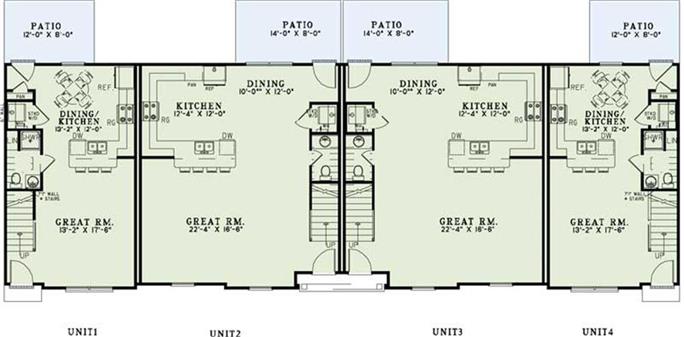
Sustainability

- Energy efficiency: Implement energy-efficient measures such as LED lighting, insulated walls, and high-performance appliances to reduce operating costs.
- Water conservation: Install low-flow fixtures and consider rainwater harvesting systems to minimize water consumption.
- Green spaces: Incorporate green spaces, such as rooftop gardens or communal courtyards, to improve air quality and provide a sense of well-being.



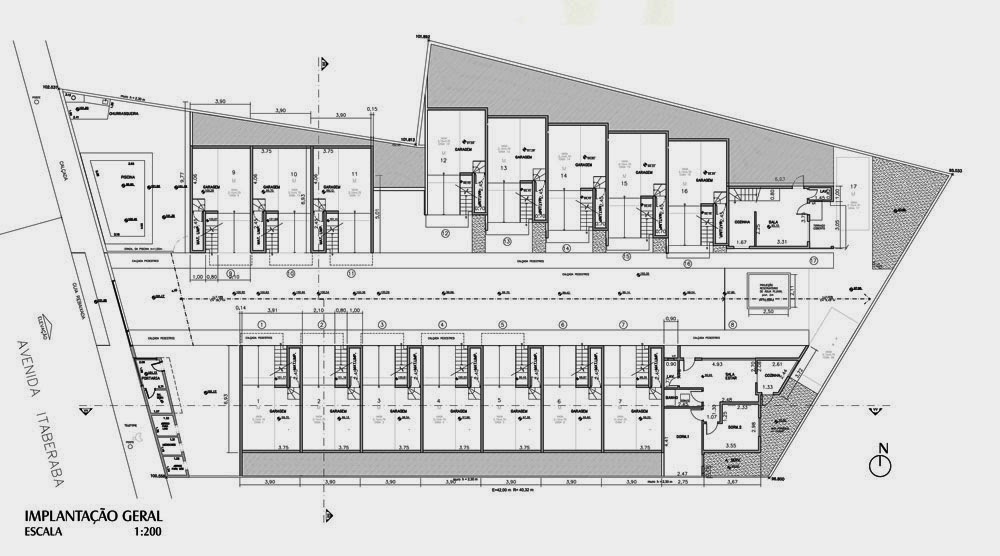

Building Materials

- Durable materials: Choose durable materials for exterior cladding, roofing, and flooring to minimize maintenance costs.
- Low-maintenance finishes: Opt for low-maintenance finishes, such as laminate countertops and vinyl flooring, to reduce upkeep.
- Fire safety: Ensure compliance with fire safety regulations and incorporate fire-resistant materials and systems.

Conclusion
Planning small apartment complexes requires careful consideration of space utilization, functionality, and sustainability. By adhering to these principles, architects and developers can create compact yet comfortable living environments that meet the needs of urban dwellers while maximizing land use and minimizing costs. Small apartment complexes play a vital role in providing affordable and convenient housing options in high-density areas, contributing to the overall livability and vibrancy of cities.



